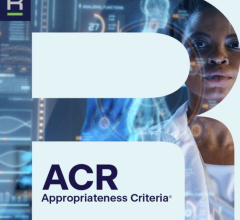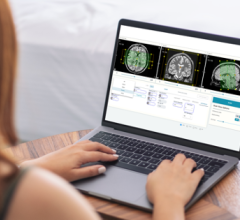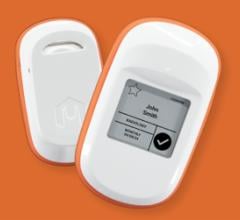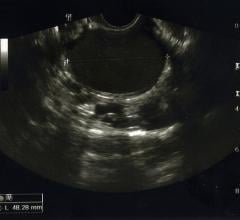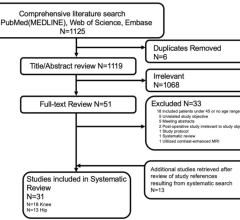
July 12, 2016 — Researchers in the Netherlands have coupled machine learning methods with a special magnetic resonance imaging (MRI) technique that measures the perfusion of blood throughout the brain to detect early forms of dementia. The study was published online in the journal Radiology.
“MRI can help with the diagnosis of Alzheimer’s disease,” said principal investigator Alle Meije Wink, Ph.D., from the VU University Medical Centre in Amsterdam. “However, the early diagnosis of Alzheimer’s disease is problematic.”
Scientists have long known that Alzheimer’s disease is a gradual process and that the brain undergoes functional changes before the structural changes associated with the disease show up on imaging results. Physicians have no definitive way of identifying who has early dementia or which cases of mild cognitive impairment will progress to Alzheimer’s disease.
“With standard diagnostic MRI, we can see advanced Alzheimer’s disease, such as atrophy of the hippocampus,” Meije Wink said. “But at that point, the brain tissue is gone and there’s no way to restore it. It would be helpful to detect and diagnose the disease before it’s too late.”
For the new study, the researchers applied machine learning methods to a special type of MRI called arterial spin labeling (ASL) imaging. ASL MRI is used to create images called perfusion maps, which show how much blood is delivered to various regions of the brain. Machine learning is a type of artificial intelligence that allows computer programs to learn when exposed to new data without being programmed.
The automated machine learning program is taught to recognize patterns in these maps to distinguish among patients with varying levels of cognitive impairment and predict the stage of Alzheimer’s disease in new (unseen) cases.
The study included 260 of 311 participants from the Alzheimer Center of the VU University Medical Center dementia cohort who underwent ASL MRI between October 2010 and November 2012.
The study group included 100 patients diagnosed with probable Alzheimer’s disease, 60 patients with mild cognitive impairment (MCI) and 100 patients with subjective cognitive decline (SCD) and 26 healthy controls.
SCD and MCI are considered to be early stages of the dementia process and are diagnosed based on the severity of cognitive symptoms, including memory loss and thought- and decision-making problems.
The automated system was able to distinguish effectively among participants with Alzheimer’s disease, MCI and SCD. Using classifiers based on the automated machine learning training, the researchers were then able to predict the Alzheimer’s diagnosis or progression of single patients with a high degree of accuracy, ranging from 82 percent to 90 percent.
“ASL is a promising alternative functional biomarker for the early diagnosis of Alzheimer’s disease,” Meije Wink said.
He added that the application of automated machine learning methods would be useful as a potential screening tool.
“ASL MRI can identify brain changes that appear early in disease process, when there’s a window of opportunity for intervention,” Meije Wink said. “If the disease process from SCD to MCI to Alzheimer’s disease could be intercepted or slowed, this technique could play a role in screening.”
For more information: pubs.rsna.org/journal/radiology

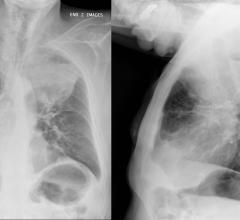
 April 17, 2024
April 17, 2024 


